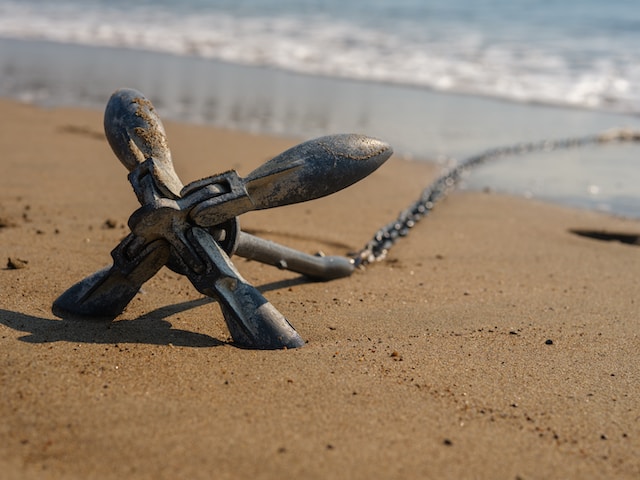
Tips for Choosing the Right Marine Hardware
Whether above or below deck, marine hardware has to deal with corrosive moisture, punishing sunlight, and extreme temperatures. If the hardware you choose isn’t rated for this environment, the consequences can be catastrophic.
From latches to hinges, rail fittings to drain plugs, boat hardware is often taken for granted – until it fails. This is why selecting the proper hardware for your vessel is essential.
Durability

Since marine hardware is constantly exposed to water and atmospheric humidity, its durability must be a top priority. It is also essential that the hardware be easy to clean and corrosion-resistant, especially on stainless-steel hardware such as cleats, hinges, and handles.
Stainless steel is often considered one of the best materials for boat hardware. It is durable, rust-resistant, and easily cleaned with mild metal polish or lemon peel. Choosing marine-grade stainless steel rather than regular steel is also essential, which can tarnish and require more frequent cleaning.
Style is another factor when choosing door, cabinet, and hatch hardware. This includes the design, material, and whether it complements a sleek, contemporary look or a more traditional, nautical theme. Also, consider the functionality of the hardware, such as whether it needs to latch securely or open quickly. This may influence the type of latching system you choose, such as a cam or flush mount.
Corrosion Resistant
Corrosion is one of the main enemies marine hardware faces since it can cause equipment failure and safety issues. That’s why choosing the correct alloys and corrosion-resistant coatings for your applications is essential.
Stainless steel is the most common material for marine hardware because it has high corrosion resistance in marine environments. Grades 316 and 316L are especially suitable for navigational use because of their molybdenum content, which improves corrosion protection in harsh environments.
Other metals with good corrosion resistance in marine environments include aluminum, nickel, and titanium. The aluminum grades 5083 and 6061 have excellent corrosion resistance, while the nickel and titanium alloys used to make anchors, shaft logs, and cutlass bearings offer exceptional strength and corrosion resistance.
Copper-nickel alloys such as C70600 also have excellent corrosion resistance in marine environments. They can be used to make marine fittings and fasteners, but they are handy for piping and other long-contact items that need to resist biofouling (damage caused by barnacles and algae). The alloys also have excellent galvanic stability.
Style
Marine hardware may seem like small details, but they can make a big difference in the functionality and aesthetics of your boat. By taking the time to prioritize durability and corrosion resistance, exploring different types of hardware, and seeking out reputable suppliers, you can ensure that your door, cabinet, and hatch hardware will serve you well for years to come.
Hinges are an essential component of door, cabinet, and hatch hardware. Choosing the right hinge type is crucial, as it determines the function and aesthetic of your boat’s interior. For example, butt hinges are short and typically used in sets of two or more, while piano hinges are longer and can span six feet or more.
Once you have chosen the type of hinge for your boat, remember to “bed” it in a quality marine sealant. This ensures that water doesn’t get trapped under the hardware or around fasteners, causing crevice corrosion. Also, be sure to lubricate moving hardware regularly, as this will help reduce metal-on-metal wear.
Budget
Having a contingency fund for marine hardware replacements is always a good idea. While the life expectancy of various types of boat hardware can vary based on patterns of use, maintenance schedules, and quality of original components, there’s no doubt that some hardware will wear out eventually.
Marine hardware, from cleats to biminis, is often exposed to saltwater daily, making it susceptible to corrosion and other damage. Choosing marine hardware made from stainless steel helps to prevent this, as it has a natural layer of chromium oxide that protects it against corrosion.
Marine hardware is available in a wide variety of materials and finishes. For example, cleats are usually made from stainless, aluminum, or galvanized steel. Stainless steel is the most common choice as it’s strong, durable, and attractive. However, it can be costly. Other alternatives include aluminum or black nylon cleats, which are cheaper but less visually appealing. These alternatives are typically used in docks where looks are less important.
